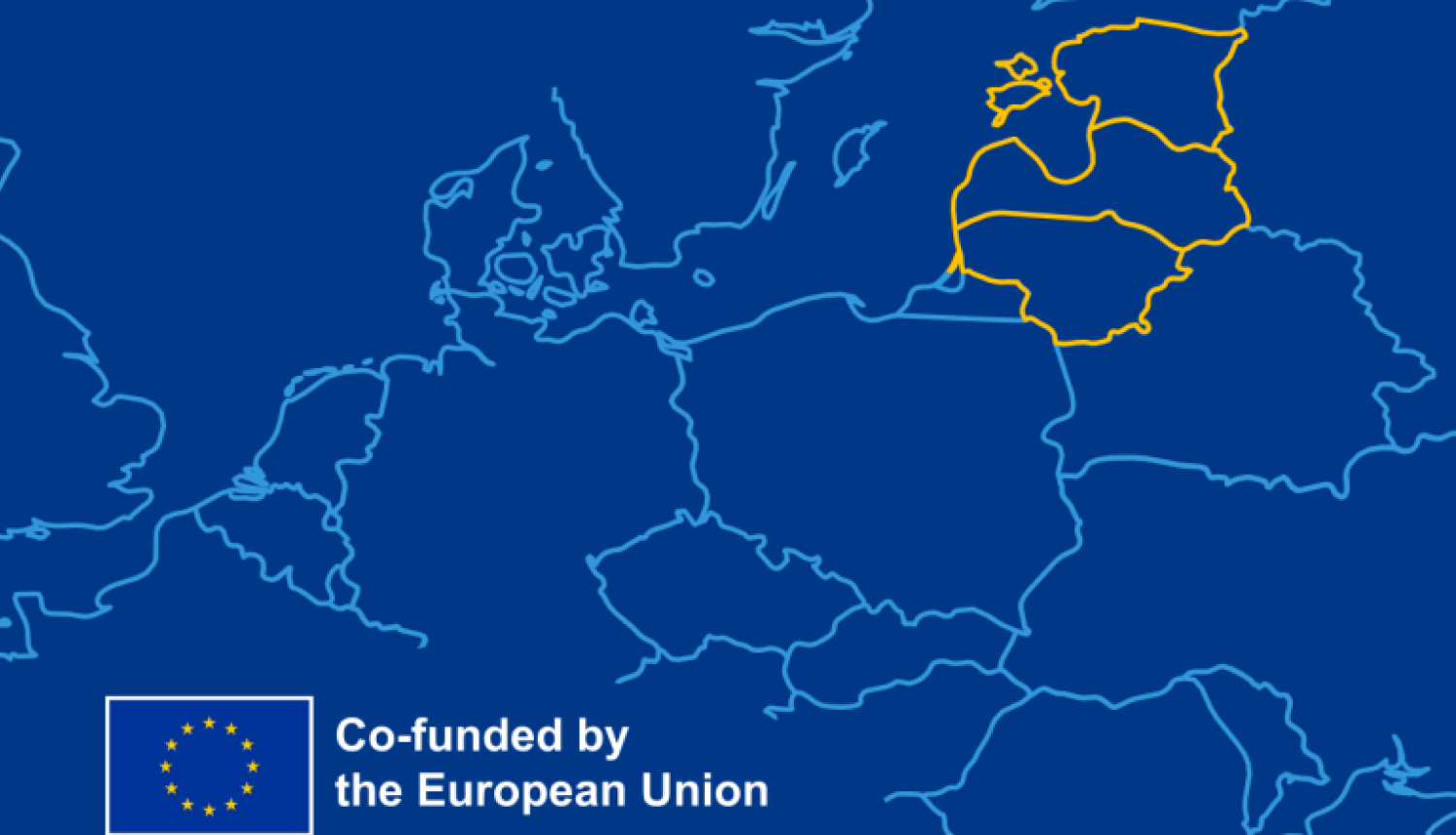Today, June 17, the government reviewed an informative report prepared by the Ministry of Transport (MoT) regarding Latvia’s national position on the European Commission’s (EC) updated Implementing Decision concerning the cross-border Rail Baltica project. This new decision will replace the previous Implementing Decision. Since the position affects the interests of the Republic of Latvia, it was submitted for government approval in accordance with Cabinet of Ministers (CM) regulations and will be reviewed by the Saeima tomorrow, June 18.
The update of the decision is linked to the revised European transport network (TEN-T) regulation, which came into effect on July 18, 2024. According to the revised regulation, the Rail Baltica project has been included in two European transport network corridors, reflecting the highest priorities of the European Union’s transport network. In addition to the North Sea–Baltic Corridor, Rail Baltica has also been designated as part of the Baltic Sea–Black Sea–Aegean Sea Corridor. The revised TEN-T regulation also sets phased deadlines for the implementation of the transport network: the core network, including the priority corridors, by 2030; the extended core network by 2040; and the comprehensive network by 2050.
Taking these deadlines into account, the updated Implementing Decision revises the original Rail Baltica implementation timeline, aligning it with the regulation’s requirements and the project’s current progress. The decision, addressed to the Baltic States, as well as Poland and Finland, sets out a phased implementation of Rail Baltica to ensure the quickest possible connection between Estonia, Latvia, and Lithuania and the European rail network via Poland. In the first phase, by the end of 2030, cross-border connectivity is to be established. The second phase will implement additional elements for full project functionality. According to the revised TEN-T regulation, the core network and its priority corridors must be completed by December 31, 2030, although implementation depends on readiness and the availability of financial resources.
Latvia’s national position expresses conceptual support for the EC’s updated Implementing Decision. Latvia positively evaluates the specified priority directions—strengthening the geostrategic significance of Rail Baltica, investments in defense, security, and military mobility, as well as the updated project schedule. At the same time, Latvia emphasizes that the implementation of the Rail Baltica project must proceed gradually, in line with the availability and expected flow of EU funding or other foreign financial assistance, as well as the available state budget funding.
As previously reported, based on the Cabinet of Ministers decision from December 10, 2024, regarding the first phase of Rail Baltica project implementation, the MoT is tasked with ensuring that implementation proceeds in line with available funding and that no commitments are made without financial backing.
The updated Implementing Decision developed by the EC is planned to be approved by the TEN-T Committee, where all EU Member States will vote. Latvia’s national position was formulated to define the mandate of Latvia’s representative for this decision. Once approved by the TEN-T Committee, the updated Implementing Decision will be signed by the European Commissioner for Sustainable Transport and Tourism, Apostolos Tzitzikostas.
Latvia’s national position has been coordinated with the Ministry of Foreign Affairs, Ministry of Defence, and Ministry of Finance, and will be submitted to the Saeima for further approval.



